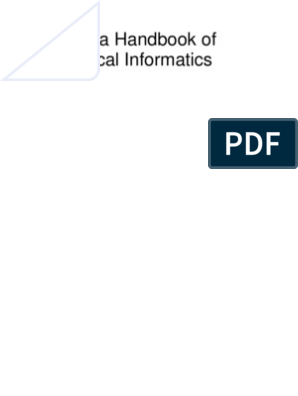0% found this document useful (0 votes)
65 views4 pagesChapter One Dettol PR Project
This study examines the effectiveness of Dettol Nigeria's public relations strategies in promoting hygiene awareness and behavior change, particularly during the COVID-19 pandemic. It aims to identify the PR strategies used, evaluate their impact on consumer hygiene habits, and understand the challenges faced in achieving behavioral change. The research is significant for PR professionals, health brands, and academic studies, as it explores the relationship between public awareness and actual behavioral outcomes.
Uploaded by
kreesclare1718Copyright
© © All Rights Reserved
We take content rights seriously. If you suspect this is your content, claim it here.
Available Formats
Download as DOCX, PDF, TXT or read online on Scribd
0% found this document useful (0 votes)
65 views4 pagesChapter One Dettol PR Project
This study examines the effectiveness of Dettol Nigeria's public relations strategies in promoting hygiene awareness and behavior change, particularly during the COVID-19 pandemic. It aims to identify the PR strategies used, evaluate their impact on consumer hygiene habits, and understand the challenges faced in achieving behavioral change. The research is significant for PR professionals, health brands, and academic studies, as it explores the relationship between public awareness and actual behavioral outcomes.
Uploaded by
kreesclare1718Copyright
© © All Rights Reserved
We take content rights seriously. If you suspect this is your content, claim it here.
Available Formats
Download as DOCX, PDF, TXT or read online on Scribd
/ 4























































































